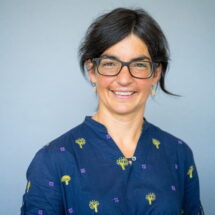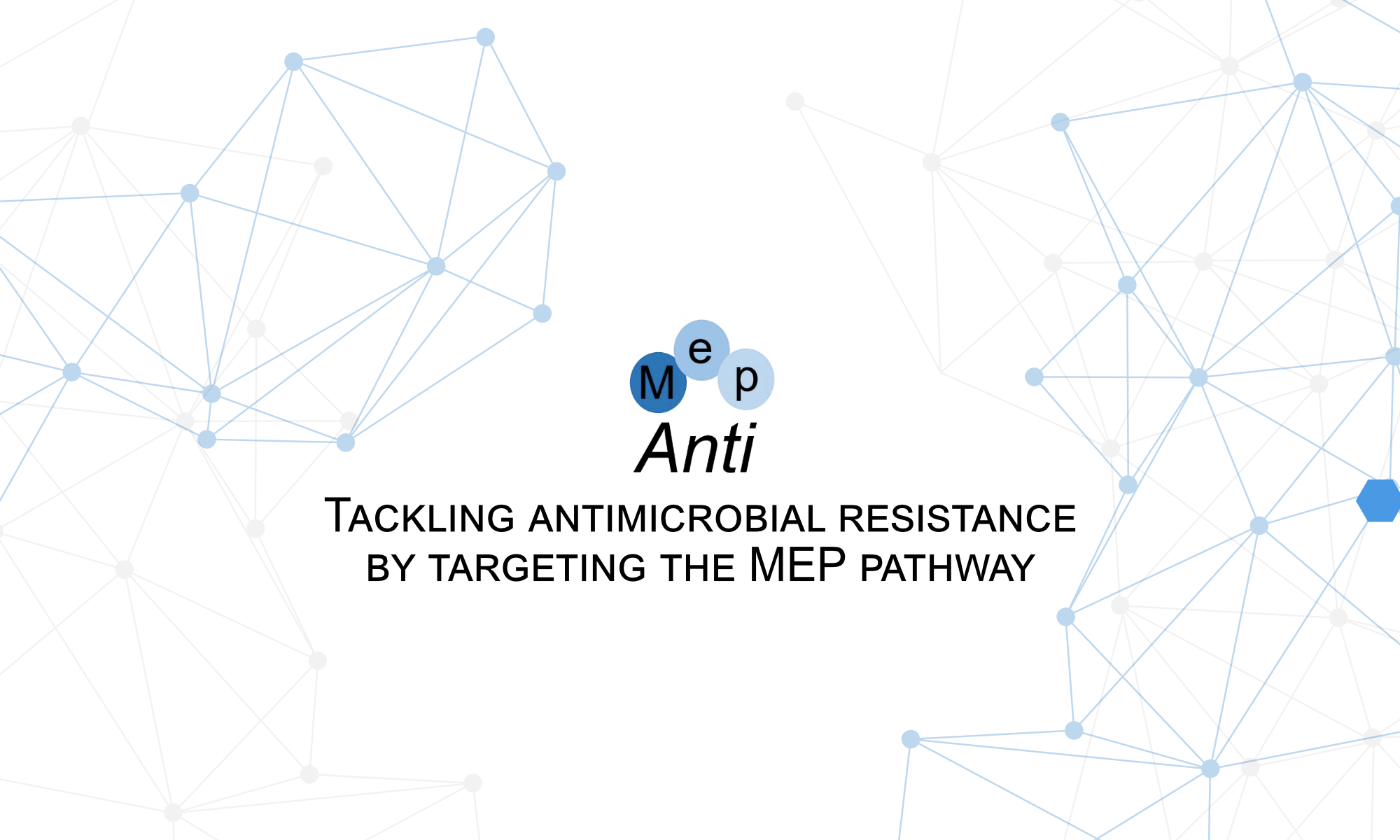 Anna Hirsch received her Ph.D. from the ETH Zurich in 2008 and worked on the de novo structure-based design and synthesis of inhibitors for an anti-infective target enzyme in the group of Prof. François Diederich. In 2017, she moved to the Helmholtz Institute for Pharmaceutical Research Saarland (HIPS), where she heads the department for drug design and optimization. Her work focuses on anti-infective drug design by adopting rational approaches such as structure- and fragment-based drug design in combination with the target-guided strategies dynamic combinatorial chemistry and kinetic target-guided synthesis.
Anna Hirsch received her Ph.D. from the ETH Zurich in 2008 and worked on the de novo structure-based design and synthesis of inhibitors for an anti-infective target enzyme in the group of Prof. François Diederich. In 2017, she moved to the Helmholtz Institute for Pharmaceutical Research Saarland (HIPS), where she heads the department for drug design and optimization. Her work focuses on anti-infective drug design by adopting rational approaches such as structure- and fragment-based drug design in combination with the target-guided strategies dynamic combinatorial chemistry and kinetic target-guided synthesis.
Anna Hirsch read Natural Sciences with a focus on Chemistry at the University of Cambridge and spent her third year at the Massachusetts Institute of Technology, doing a research project with Prof. Timothy Jamison. For her Master’s project, She carried out her Master’s research project in the group of Prof. Steven V. Ley at the University of Cambridge.
She received her Ph.D. from the ETH Zurich in 2008 and worked on the de novo structure-based design and synthesis of inhibitors for an anti-infective target enzyme in the group of Prof. François Diederich. Subsequently, she joined the group of Prof. Jean-Marie Lehn at the Institut de Science et d’Ingénierie Supramoléculaires (ISIS) in Strasbourg as an HFSP postdoctoral fellow, before taking up a position as assistant professor at the Stratingh Institute for Chemistry at the University of Groningen in 2010 where she was promoted to associate professor in 2015.
In 2017, she moved to the Helmholtz Institute for Pharmaceutical Research Saarland (HIPS), where she heads the department for drug design and optimization. Her work focuses on anti-infective drug design by adopting rational approaches such as structure- and fragment-based drug design in combination with the target-guided strategies dynamic combinatorial chemistry and kinetic target-guided synthesis.
Anna Hirsch was awarded the Gratama Science Prize in 2014, the SCT-Servier Prize for Medicinal Chemistry in 2015, the Innovation Prize for Medicinal Chemistry of the GdCh/DPhG in 2017 and in 2019 the EFMC Young Medicinal Chemist in Academia runner-up Prize.
